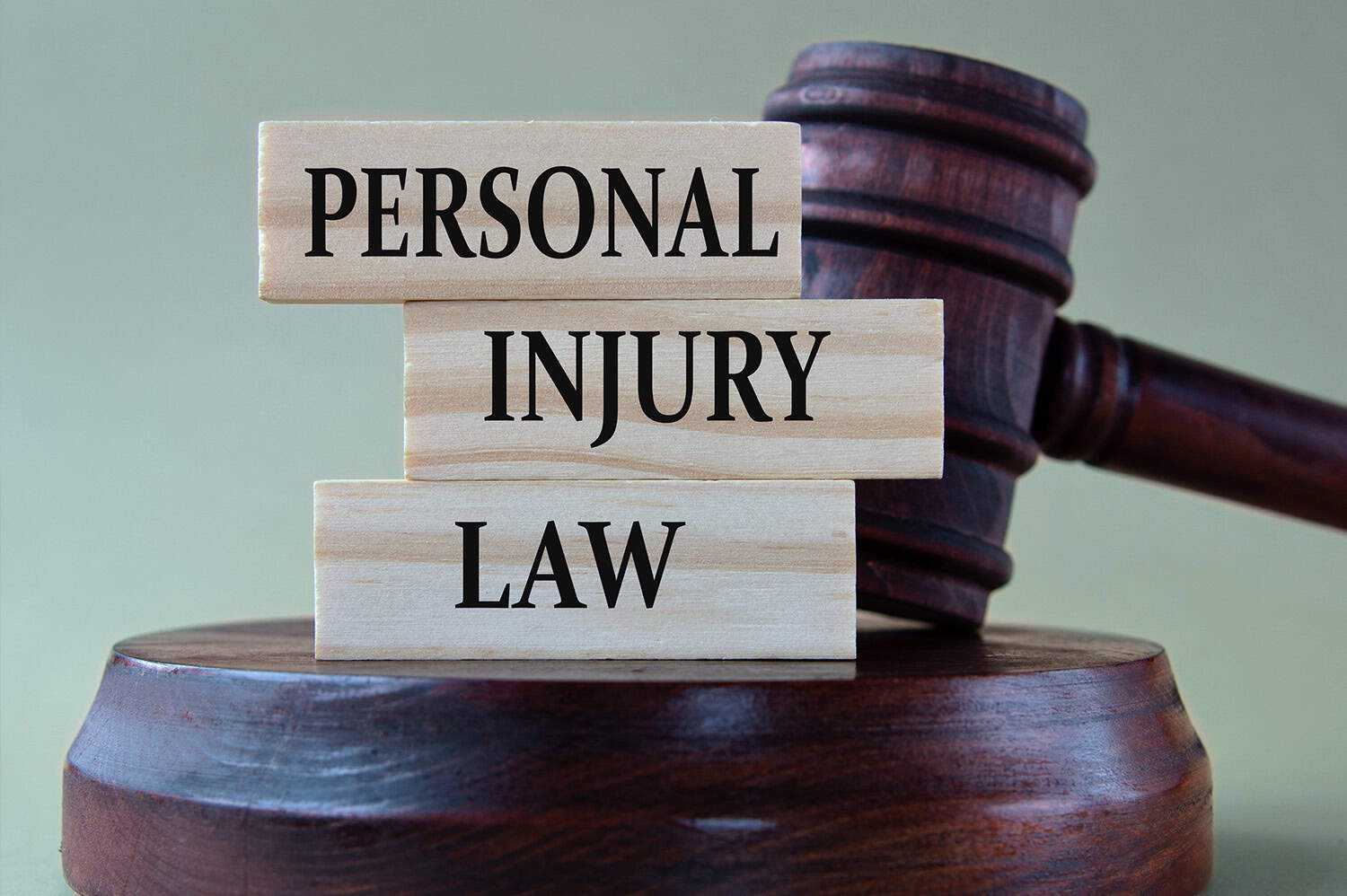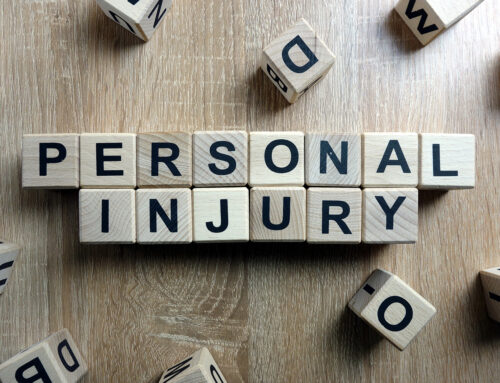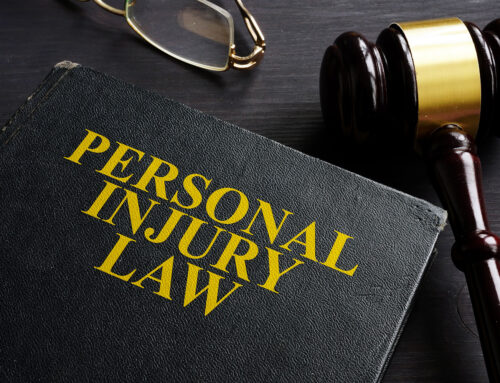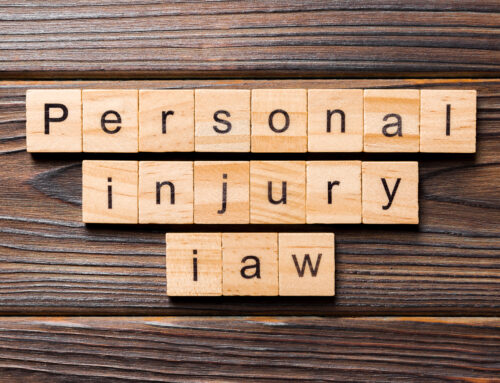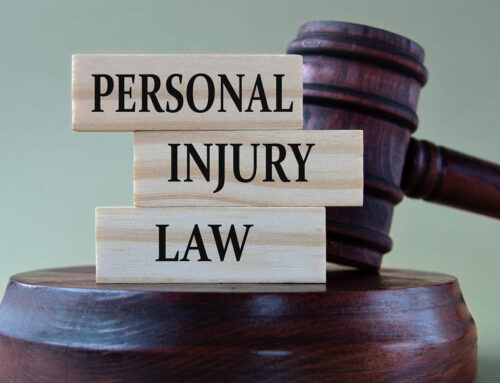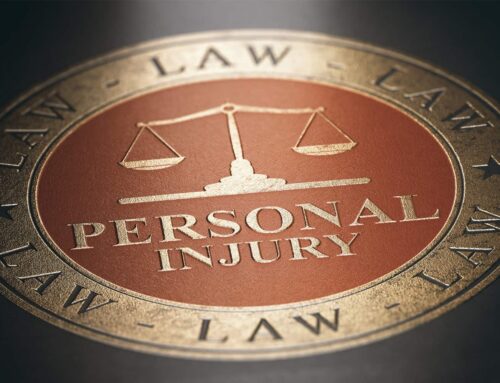The Role of Insurance in Personal Injury Cases: What You Need to Know
Car crashes, slips-and-falls, workplace accidents, and other types of incidents cause many injuries and deaths every year. If you’re dealing with a personal injury case, you probably know more than you ever wanted to about specific medical issues, lost wages, and other struggles. It’s a period of great stress, and dealing with an insurance investigation at the same time isn’t easy. Here are the basics of what you need to know.
Pre-Investigation Sets the Stage
Understanding the role of the insurance company in personal injury cases can be helpful. There are also a few dos and don’ts to be aware of.
Before a personal injury insurance investigation, a few things happen. For example, the liability insurer (the insurance company handling claims related to bodily injury) gets the report about the claim. This report might come from the policyholder, another party, or some other channel. The adjuster gathers police reports, witness statements, photos, medical records, and other available documentation.
Stick to the Facts
The adjuster may need to interview the policyholder, the injured party (if not the policyholder), witnesses, and others before an official investigation. One mistake many injured people make here is this: They try to speculate or say they are sorry. They may even admit fault without knowing all of the facts.
Whenever an insurer is talking to you, stick to the things you know for sure. Often, these facts include location, time, and date. Avoid speculating. If you do not know for sure how fast you were traveling, don’t guess. Never admit fault. For example, you don’t know what the other party was doing or whether something mechanical failed.
Your goals and the insurance company’s goals are probably not the same. Insurers often don’t make fair settlement offers. If you say something that is easy to misinterpret, the insurer may use that to support a lower offer.
An experienced personal injury attorney can assist you on how to answer questions. Your attorney can also deal with the insurance company and save you a lot of stress.
Near the end of the pre-investigation stage, the insurer makes sure the policy covers the incident. The company is hoping it doesn’t and will look for reasons to exclude it. When an incident is covered, an official investigation occurs.
An Insurance Investigation May Not Consider Medical Nuances and Other Issues
The insurer uses the information gathered in previous stages and works to unearth more details. The adjuster may go to the scene of the incident and examine evidence. Steps also include talking with experts and reviewing the pertinent regulations.
The adjuster may need to talk with you and other witnesses again. This person is trying to determine three main things.
- The party at fault
- How much compensation the injured party should get
- How much the insurance company will offer
It is never too late to speak with an attorney. If you haven’t until now, a lawyer can still be very helpful and guide you on what to say and mistakes to avoid.
The Settlement Offer Will Probably Be Too Low
The insurance investigation might show that another party’s actions caused your injuries. In these cases, the insurer will probably offer you a settlement. The offer comes with documents you’ll need to sign.
Once you sign, you typically can’t pursue the case anymore. For instance, if your condition worsens in the future, you are unlikely to get more money for these mounting medical bills.
In other words, the potential for a condition such as traumatic brain injury to become worse is something to consider before accepting a settlement offer. TBIs can increase the risks of Alzheimer’s, for example. Consider other issues such as these:
- Lost income
- Medical expenses
- Pain and suffering
- Property damage
A major mistake is accepting settlement offers too early. It’s an understandable mistake. After all, it’s money you can use now to help pay medical bills and other expenses.
You may be stressed, and any amount of money is a possible way out. However, settlement offers usually don’t fully consider the extent of injuries, their effect on your life, and all the possible ways a medical condition can worsen later. Insurers may also not account for expenses such as home modification costs and caregivers. Your attorney can help figure out these nuances to arrive at a fair settlement offer.
Consider a Lawsuit
A lawsuit may be necessary if an insurer’s settlement offers keep being too low. If you decide to sue, know that insurers will probably have several lawyers working on the case. You need your own representation, too. Many personal injury lawyers work on a contingency basis. Final fees come out of the injury award, if there is one.
Contact a Personal Injury Lawyer Today
Insurance companies have their own goals and don’t really keep your best interests in mind. You can get help from a personal injury lawyer with each step of the insurance process, including knowing what to tell the adjuster and evaluating settlement offers. A lawyer can also represent you in court if needed. Contact the Law Offices of Brent D. George today for a free consultation.

